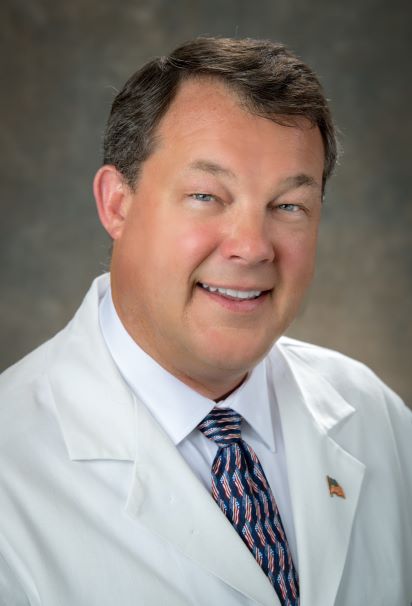Scheduling a back‑to‑school immunization visit ensures your child meets school requirements and...
Read More
Denial can be very strong in the male mind. Throw in a little machismo, a busy schedule, and one or two more rationalizations, and it's easy to understand why men often avoid or delay seeking medical care. In my 28 years of family practice, I'd estimate that about 75 percent of my adult patients are female.

In fairness to men, they have some legitimate reasons for being less engaged in their health. They don't have a monthly menstrual cycle that puts adolescent girls and women more in touch with their bodies. Young women are also encouraged to begin Pap tests at a young age, and need to see a physician to obtain birth control. Typically, cancer screenings (and cardiac testing) for men don't begin until about age 50.
With males, we often see them as patients when they are children or teens, but the 18 to 30 group don't come in unless they have the flu, an orthopedic injury or are too sick for work. They feel young and strong, almost invincible. Yet despite the feeling of invincibility, a healthy 18 to 30 year old should come in for a physical every two or three years. And if we detect any early signs of disease, they will be asked to follow up more regularly. By age 50, the American Academy of Family Practice recommends annual checkups. As physicians, we always prefer to find things early. Whether it's high blood pressure, elevated blood glucose or an irregular heartbeat, we can minimize the impact and possibly slow the progression of we catch them early.
Since many conditions don't have symptoms in the early stages, we shouldn't wait until we have symptoms to go for a checkup. That might sound like simple advice. Yet for many men, it presents a challenge because they are often no internally motivated to go to the doctor. Usually it takes external prompting from a spouse or significant other to get them to make an appointment.
Sometimes it's okay to wait a few days before deciding to call the doctor's office. If you have cold symptoms, a sore throat, or a mild sprain there is usually no harm in giving yourself a few days. But if you are experiencing chest pains, numbness or blood in your urine, you want to seek care quickly. I have had men come in and tell me they have had concerns or symptoms for months. By putting off going to the doctor, men put themselves at greater risk and might be delaying needed treatment.
You might think that male physicians would know better and seek care in a timely manner. Yet many don't. When I served in the military, I had a mentor who eventually admitted to me that he had been peeing blood for months. He was an experienced internal medical physician who certainly understood that he might have a serious medical condition. Like so many men, he was in denial.
Let Men's Health Month be a reminder to each of us (males) that we should get regular checkups and seek care when we notice symptoms that might indicate a serious medical condition. Don't ignore chest pain, shortness of breath, muscle weakness, a chronic cough or blood in your urine. You will be doing yourself, and those you love, a favor by seeing a physician. If it's not serious, you'll get peace of mind. If it is serious, you will likely have a better outcome because you sought care early.
 Greg Herman, M.D., is a family medicine physician with Inspira Medical Group Primary Care Mullica Hill and the Chief Medical Information Officer for Inspira Health.
Greg Herman, M.D., is a family medicine physician with Inspira Medical Group Primary Care Mullica Hill and the Chief Medical Information Officer for Inspira Health.

Scheduling a back‑to‑school immunization visit ensures your child meets school requirements and...
Read More
Managing your own health care after aging off your parents’ insurance means finding a primary care...
Read More
Explore the differences between common headaches and debilitating migraines, including their causes...
Read More